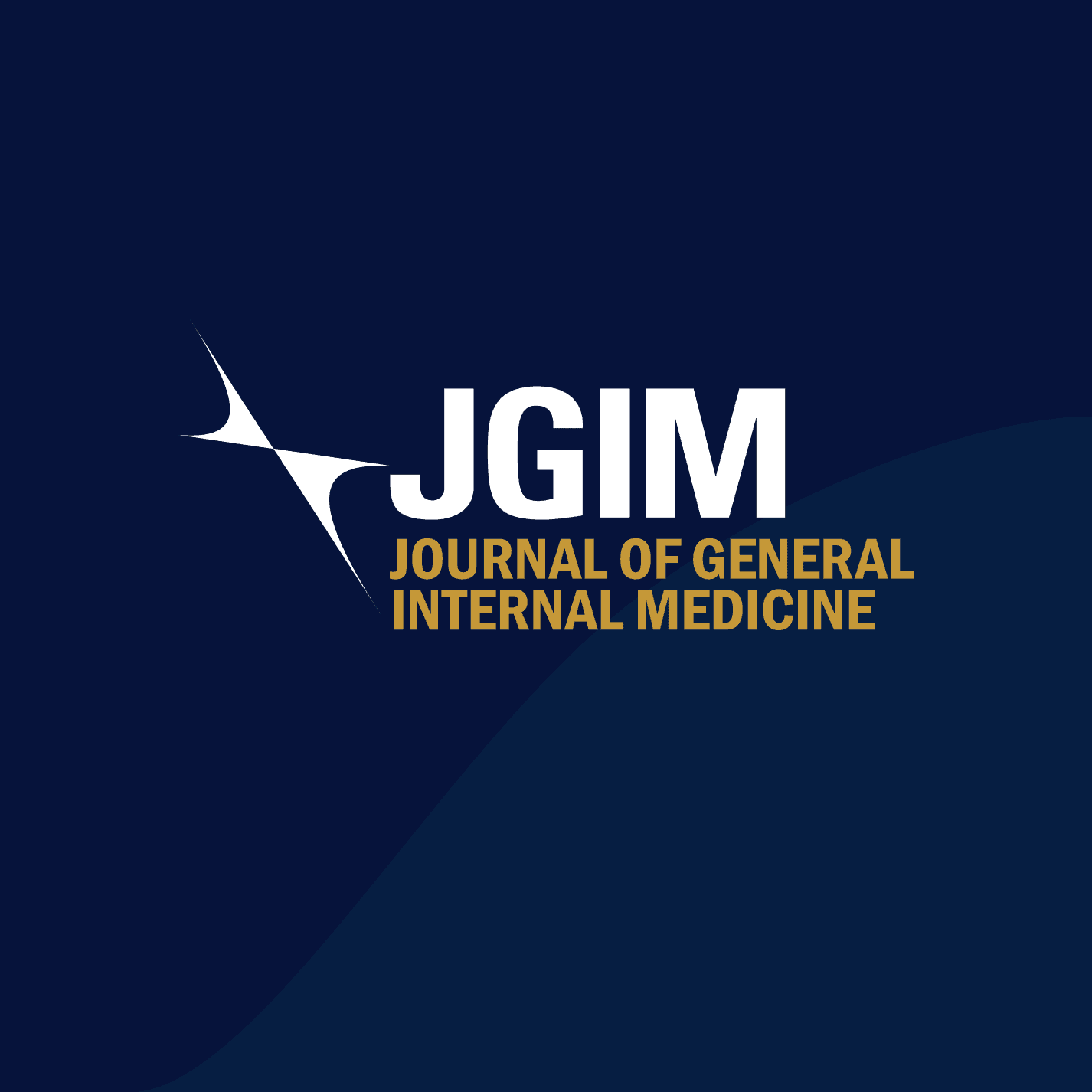Abstract
Background
Glucagon-like peptide-1 receptor agonists (GLP-1RA) have cardiovascular benefits in type 2 diabetes, but none of the cardiovascular trials studied atrial fibrillation/atrial flutter (AF) as a primary endpoint. Data from post-marketing surveillance studies remains sparse.
Objective
To examine the real-world risk of AF comparing GLP-1RA with other non-insulin glucose-lowering agents.
Design
Cohort study using de-identified electronic health record data from the Optum Labs Data Warehouse.
Participants
Adult patients with diabetes who were newly prescribed add-on non-insulin glucose-lowering agents and were on metformin between 2005-2020.
Exposures
New users of GLP-1RA were separately compared with new users of dipeptidyl peptidase-4 inhibitors (DPP4i) and sodium-glucose cotransporter 2 inhibitors (SGLT2i), using 1:1 propensity score matching to adjust for differences in patient characteristics.
Main Measures
The primary outcome was incident AF, defined and captured by diagnosis code for AF. Incidence rate difference (IRD) and hazard ratio (HR) were estimated in the matched cohorts.
Key Results
In the matched cohort of 14,566 pairs of GLP-1RA and DPP4i followed for a median of 3.8 years, GLP-1RA use was associated with a lower risk of AF (IRD, -1.0; 95% CI, -1.8 to -0.2 per 1000 person-years; HR, 0.82; 95% CI, 0.70 to 0.96). In the matched cohort of 9,424 pairs of patients on GLP-1RA and SGLT2i with a median follow-up of 2.9 years, there was no difference in the risk for AF (IRD, 0.4; 95% CI -0.7 to 1.5 per 1000 person-years; HR, 1.12; 95% CI, 0.89 to 1.42).
Conclusions
In this real-word study, GLP-1RA was associated with a lower risk of AF compared with DPP4i, but no difference compared with SGLT2i, suggesting that cardiovascular benefits of GLP-1RA use may extend to prevention for AF in patients with diabetes. Our findings call for future randomized controlled trials to focus on the effects of GLP-1RA on AF prevention.
Topic
JGIM
Author Descriptions
Department of Epidemiology, Johns Hopkins Bloomberg School of Public Health, Baltimore, MD, USA
Yunwen Xu PhD, Shoshana H. Ballew PhD, Elizabeth Selvin PhD, MPH, Morgan E. Grams MD, PhD & Jung-Im Shin MD, PhD
Division of Cardiology, Department of Medicine, Hospital of the University of Pennsylvania, Philadelphia, PA, USA
Thomas A. Boyle MD
Institute for Global Health and Development, Peking University, Beijing, China
Beini Lyu MD, PhD
Department of Nephrology, Geisinger Health System, Danville, PA, USA
Alexander R. Chang MD, MS
Division of Nephrology, Department of Internal Medicine, Tufts Medical Center, Boston, MA, USA
Lesley A. Inker MD, MS
Department of Medicine, New York University Grossman School of Medicine and Langone Health, New York, NY, USA
Morgan E. Grams MD, PhD
Department of Population Health, New York University Grossman School of Medicine and Langone Health, New York, NY, USA
Morgan E. Grams MD, PhD
Share
Related Articles
Perspectives of In-Hospital Intramuscular Naltrexone and Oral Medications for Alcohol Use Disorder: A Study of Addiction Clinicians and Hospitalized Patients
Abstract Background Alcohol-related hospitalizations are rising; however, medications for alcohol use disorder…
Beyond Workarounds: Enhancing Education, Care, and Wellness on Inpatient Medicine Rotations—A Multicenter Qualitative Study
Abstract Background Inpatient medicine rotations (IMRs) aim to deliver exceptional clinical education…


